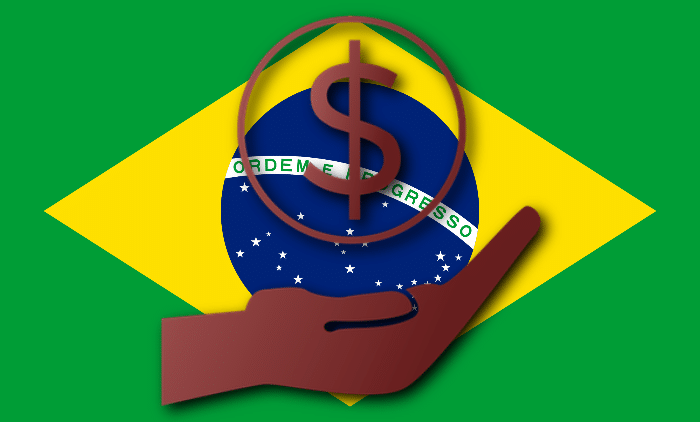Abiquim criticizes delay in resuming the Special Regime for the Chemical Industry
[ad_1]
Suspended last year, the Special Regime for the Chemical Industry (Reiq) is considered a fundamental instrument for the competitiveness of Brazilian companies in this sector. The perspective was that support for this segment would be recovered by Law 14,374, which deals with tax incentives for petrochemical plants and chemical companies, but despite the rule having been sanctioned in 2022, it has not yet been regulated.
“We asked the federal government to regulate the law and it has not been done so far, we are already in the fifth month of the year and nothing”, laments the executive president of the Brazilian Chemical Industry Association (Abiquim), André Passos Cordeiro. Despite this, the leader hopes that the Reiq can be resumed in 2023. The regime provides for a reduction in PIS and Cofins levied on the purchase of basic chemical raw materials of the first and second generation, such as naphtha, ethylene, butadiene, polyethylene and polypropylene.
Cordeiro points out that, despite the trend towards recovery of the incentive, the benefit will not be of the same intensity as in the past. For 2023, the prospect with the resumption of Reiq was that the PIS and Cofins rates on the acquisition of chemical raw materials would be 1.39% and 6.4%, respectively. Another Abiquim concern is regarding the competitive supply of inputs considered essential for the production chain, such as natural gas.
In this sense, the chief executive of the entity points out that this Monday (8) the partnership between Equinor, Repsol and Petrobras was announced to explore a huge gas field, in block BM-C-33, which is located in the Campos Basin , on the coast of Rio de Janeiro. A production of around 16 million cubic meters of natural gas per day is expected from this field (which represents around 15% of the volume of fuel currently consumed in the country). “The chemical industry has been saying for a long time, along with the oil and gas producing sector, that Brazil is a nation rich in natural gas”, stresses Cordeiro. He points out that this fuel is a fundamental input for the chemical industry, both as a raw material and for generating electricity.
According to the leader, approximately one third of the industrial consumption of natural gas in the country is due to the chemical segment. In addition to the Brazilian reserves, the Abiquim representative mentions that there are expectations of new offers in the region, with the Vaca Muerta deposit, in Argentina. “What happens is that gas (domestic and imported) does not reach competitive prices for the industry today, unfortunately”, says Cordeiro. He informs that the fuel sold in Brazil costs around US$ 18 a million BTU, while in the United States the price is stipulated between US$ 3 and US$ 5. The director hopes that, with the increase in the supply of gas, the price of the input falls in the country, and may reach levels of US$ 6 to US$ 7.
The member of Abiquim emphasizes that the chemical sector needs planning and guidelines, as it is a long-term market, with large investments, and therefore the role of the government is fundamental. “The government has to draw up a public policy for the supply of natural gas, at a competitive price, for the industry”, he argues. In this context, Cordeiro is one of the supporters of the Gas to Employ programformatted by the federal government, which projects an increase in the Union’s natural gas supply in the domestic market.
He adds that the chemical industry foresees, among the counterparts to the initiative, investment in the order of R$ 70 billion that involves contributions in methanol plants, fertilizers, petrochemicals, among others. The number is high, however it is a sector that moves considerable amounts. The net income of the Brazilian chemical industry last year was US$ 187 billion. already the Brazilian chemical balance deficit in 2022 was around US$ 64.8 billion, an increase of 40.3% in relation to the previous year.
[ad_2]
Source link



